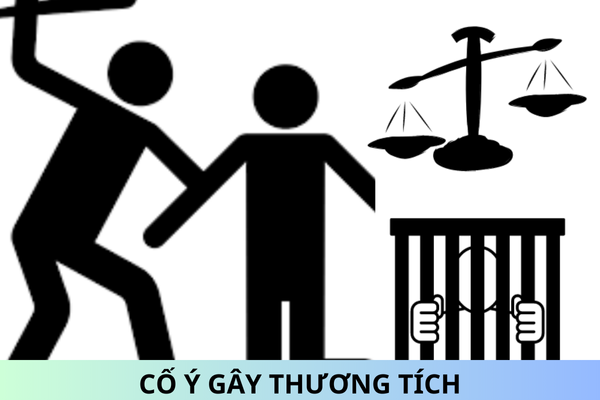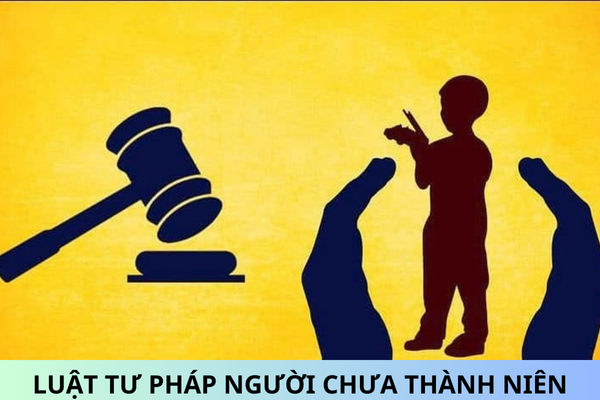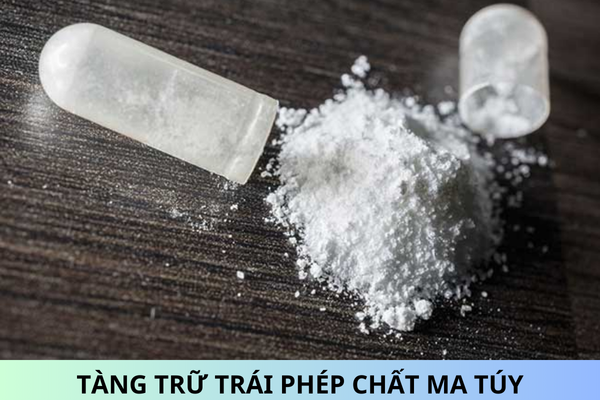Which Agency Can Recommend Expungement in Special Cases? When Can Expungement be Granted for a 10-Year Imprisonment for Murder?
Which agency can propose expungement of criminal records in special cases?
Is it possible for a convicted individual to propose the expungement of their criminal record in special cases? Or must it be through another agency or organization?
Response:
Based on Article 72 of the Criminal Code 2015, it is stipulated:
In cases where the convicted individual has shown clear signs of progress and has performed meritorious deeds, as proposed by the agency or organization where that person works, or the local government where that person resides, the Court shall decide on the expungement of such record if that person has fulfilled at least one-third of the period stipulated in Clause 2, Article 70 and Clause 2, Article 71 of this Code.
Thus, according to this regulation, if the convicted individual shows clear signs of progress and has performed meritorious deeds, as proposed by the agency or organization where that person works, or the local government where that person resides, the Court will decide on the expungement. They themselves cannot independently propose the expungement.
When can a person convicted of murder with a 10-year sentence have their criminal record expunged?
I would like to know, when can a person convicted of murder with a 10-year prison sentence have their criminal record expunged? This person has already been released and is not subject to any additional penalties. Kindly advise.
Response:
Clause 2, Article 70 of the Criminal Code 2015 stipulates:
The convicted person shall automatically have their criminal record expunged if, after serving the principal sentence or completing the probation period, they have served supplementary penalties, complied with other decisions of the judgment, and have not committed any new crime within the following periods:
a) 1 year in cases of warnings, fines, non-custodial reform, or imprisonment but given a suspended sentence;
b) 2 years in cases of imprisonment up to 5 years;
c) 3 years in cases of imprisonment from over 5 years to 15 years;
d) 5 years in cases of imprisonment over 15 years, life imprisonment, or death penalty but has received a sentence reduction.
If the convicted person is currently serving supplementary penalties such as probation, residence prohibition, job or position bans, or deprivation of certain civic rights that take longer than the periods stipulated in points a, b, and c of this clause, the automatic expungement period shall end at the time they complete the supplementary penalties.
Thus, 3 years after completing the imprisonment sentence, if this person does not commit any new crimes, their criminal record will automatically be expunged.
Does a person convicted of a very serious crime at the age of 15 have a criminal record?
Does a person convicted of a very serious crime at the age of 15 have a criminal record? Please advise.
Response:
Clause 1, Article 107 of the Criminal Code 2015 stipulates:
- A person under 18 years old who has been convicted is considered not to have a criminal record in the following cases:
a) A person from 14 to under 16 years old;
b) A person from 16 to under 18 years old convicted of a less serious crime, serious crime, or very serious crime due to negligence;
c) A person subjected to judicial measures prescribed in Section 3 of this Chapter.
Thus, based on this regulation, a person from 14 to under 16 years old who has been convicted, regardless of the crime, will not have a criminal record. Therefore, a person convicted of a very serious crime at the age of 15 will not have a criminal record.
Sincerely!










